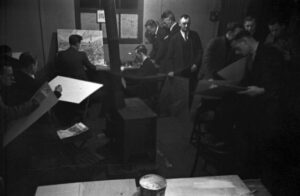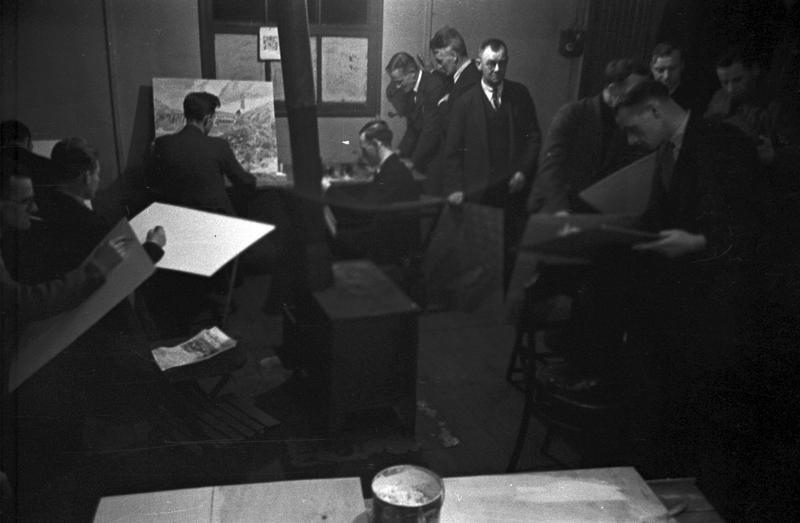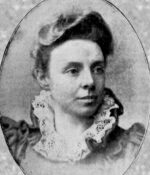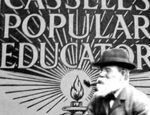Description

Meet the self-educated coalmen of Ashington colliery in Northumberland. Since the formation in 1898 of the Ashington Debating and Literary Improvement Society, classical Greek and Roman authors were included on the reading list and discussed at its regular meetings. The colliery also produced a tradition of painting which was ‘discovered’ in the 1930s, documented by William Feaver in The Pitmen Painters (2009), which in turn inspired Lee Hall’s successful play by the same name. When a professor from the London School of Economics, Harold Laski, visited them in 1925, he wrote to a friend, ‘I gave them four lectures, but I learned more from them than I could ever teach. ‘It was sometimes grim talk, for there are hard times ahead for the mining community in England. But, in general, it was of books and men … There was one…who had learned Greek in order to read Homer in the original… These twelve every Friday for thirty-six years have met to read and discuss a book. They argue grimly with text and counter-text and you have to know your piece to get by them. They were saddened, while I was there, by the death of a miner who was found killed by a fall of coal; in his coat was found a translation of Thucydides with the page turned down at the Periclean speech.’




